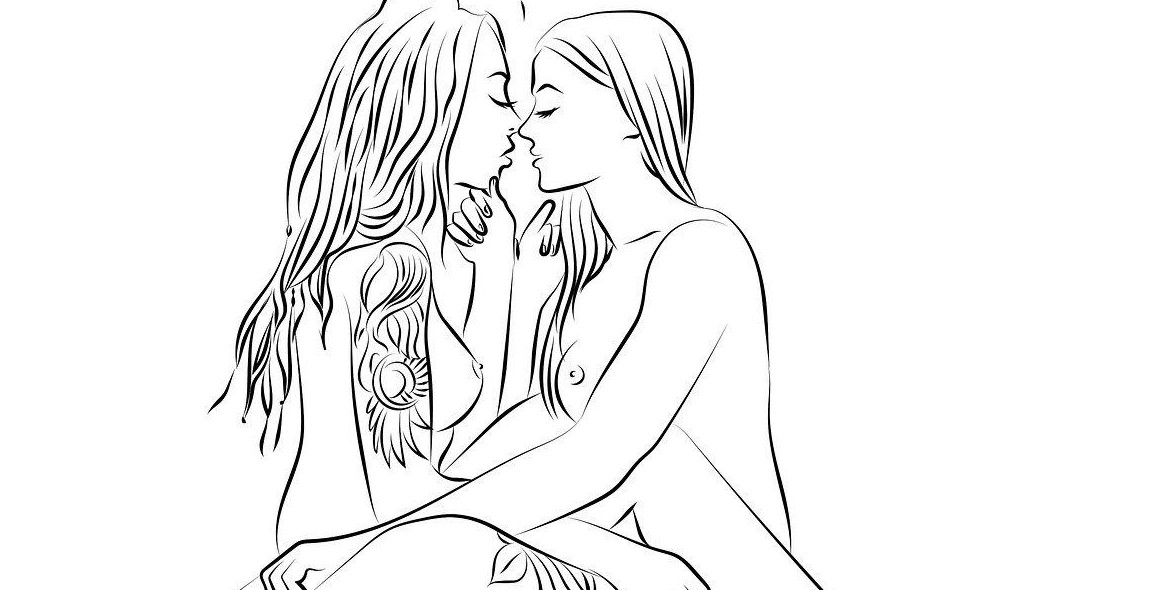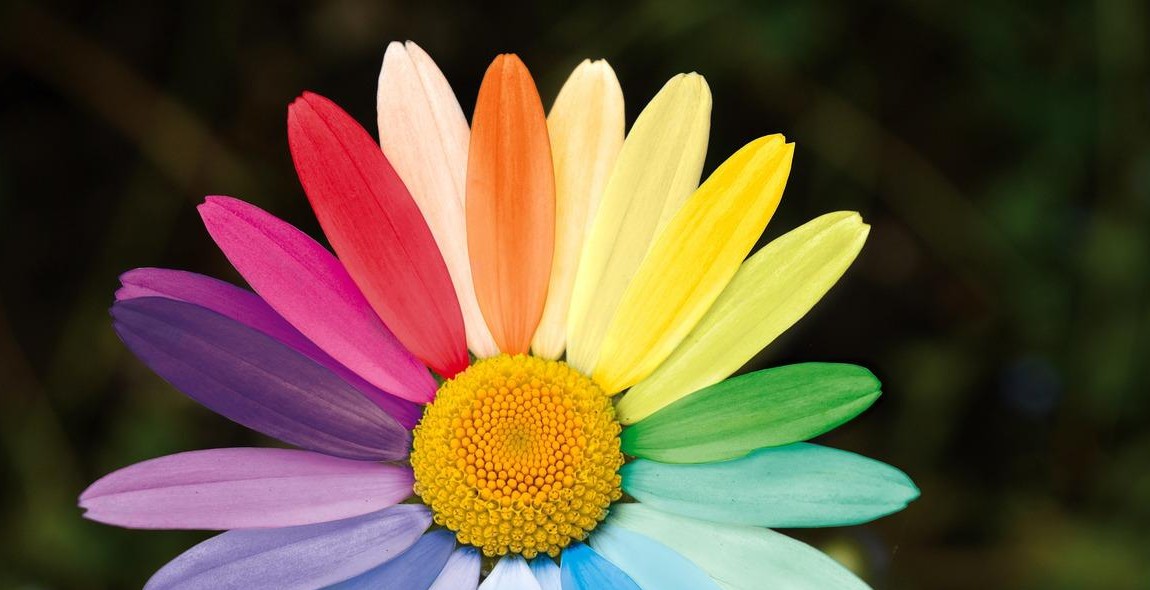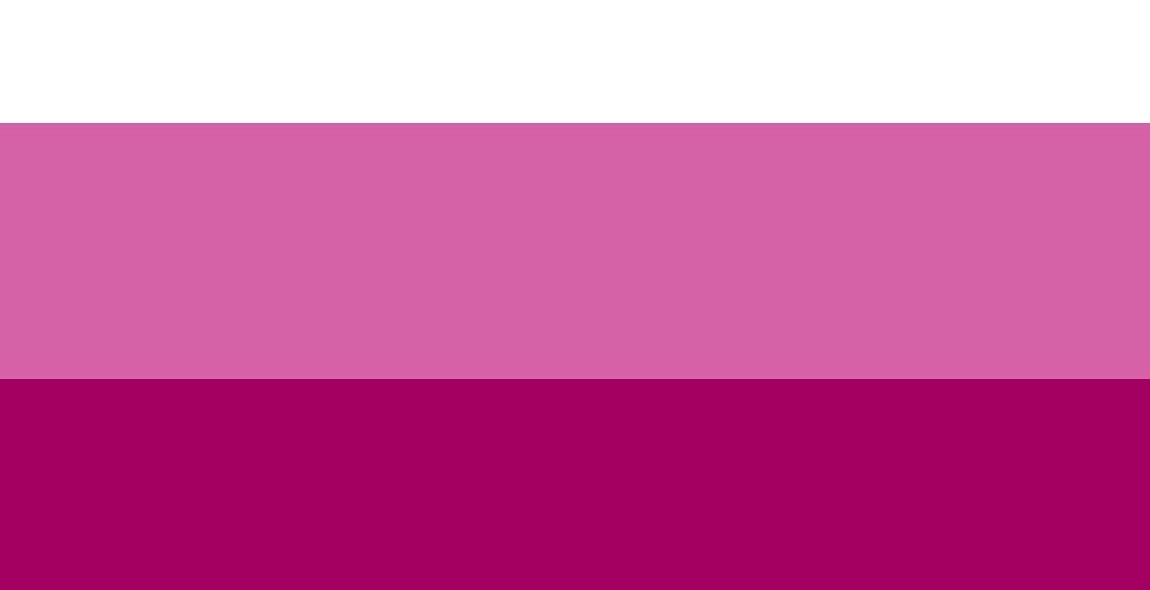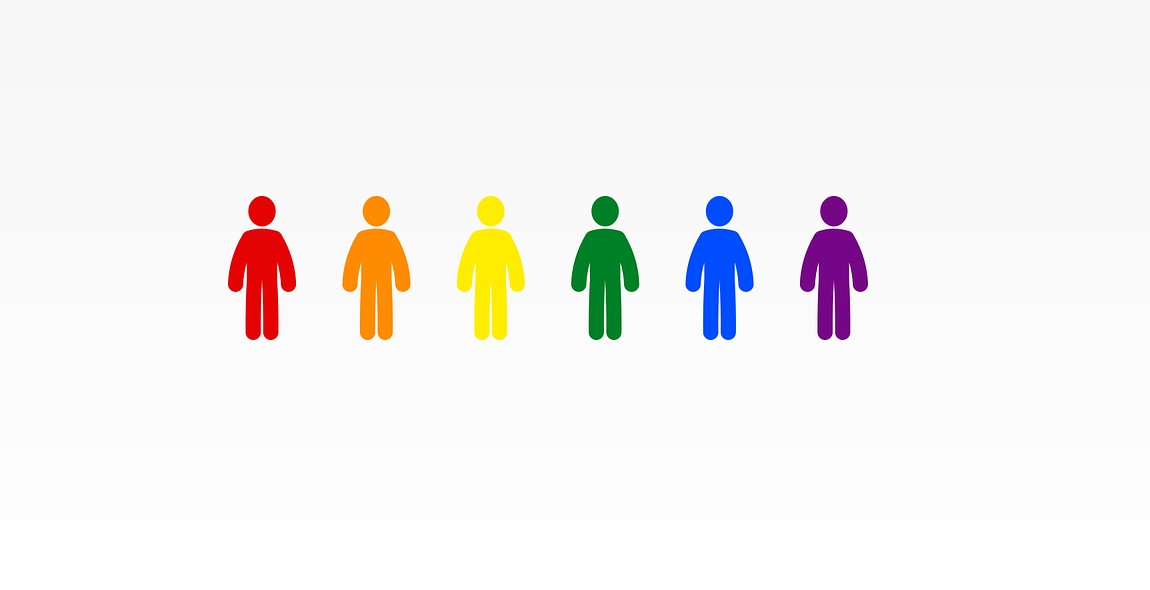Understanding Love and Relationships in the LGBTQ+ Community
Love and relationships are fundamental aspects of human life, regardless of sexual orientation or gender identity. However, members of the LGBTQ+ community often face unique challenges and experiences in navigating love and relationships.
The Importance of Understanding Love and Relationships in the LGBTQ+ Community
As societal attitudes towards the LGBTQ+ community continue to evolve, it is crucial to understand the nuances of love and relationships within this community. While some aspects of love and relationships may be universal, there are also specific experiences and challenges that are unique to the LGBTQ+ community.
Challenges in Love and Relationships for the LGBTQ+ Community
Some of the challenges faced by the LGBTQ+ community in love and relationships include discrimination, lack of legal recognition, and societal stigma. These challenges can lead to feelings of isolation, rejection, and emotional distress.
Despite these challenges, the LGBTQ+ community has a rich and diverse history of love and relationships. Understanding and celebrating this history can help to create a more inclusive and accepting society for all individuals, regardless of sexual orientation or gender identity.
The Importance of Love and Relationship Psychology in the LGBTQ+ Community
As a love and relationship psychology guru, understanding the unique experiences and challenges faced by the LGBTQ+ community is essential. By exploring the psychological aspects of love and relationships, we can gain insights into how to create healthy and fulfilling relationships within the LGBTQ+ community.
This article will explore the dynamics of love and relationships within the LGBTQ+ community, including the challenges faced and the strategies for creating healthy and fulfilling relationships.

Defining Love and Relationships in the LGBTQ+ Community
The LGBTQ+ community is a diverse and vibrant community that celebrates love and relationships in all forms. Love in the LGBTQ+ community is not limited to a specific gender or sexual orientation, but rather a celebration of individuality and expression.
What is Love in the LGBTQ+ Community?
Love in the LGBTQ+ community is defined by the same principles as in any other community: trust, commitment, and affection. However, what sets the LGBTQ+ community apart is the ability to express love and affection freely, without fear of discrimination or prejudice.
Love in the LGBTQ+ community is not limited to romantic relationships. It can also be expressed in the form of friendship, community, and support. The LGBTQ+ community is known for its strong sense of community and the bonds that are formed through shared experiences and struggles.
Different Types of Love in the LGBTQ+ Community
The LGBTQ+ community celebrates all types of love, including romantic, platonic, and familial love. The community recognizes that love is not limited to a specific gender or sexual orientation, but rather a celebration of individuality and expression.
One type of love that is celebrated in the LGBTQ+ community is self-love. Many members of the community have had to overcome discrimination and prejudice, and self-love is a crucial part of healing and self-acceptance.
Relationships in the LGBTQ+ Community
Relationships in the LGBTQ+ community can take many forms, including monogamous, open, and polyamorous relationships. The community recognizes that there is no one-size-fits-all approach to relationships and that individuals should be free to express their love and affection in the way that feels most authentic to them.
One unique aspect of relationships in the LGBTQ+ community is the concept of chosen family. Due to the discrimination and rejection that many members of the community have faced from their biological families, many individuals have formed close bonds with friends and community members, creating a support system that is just as strong as any biological family.
| Types of Love | Description |
|---|---|
| Romantic Love | Love expressed in a romantic relationship between two individuals. |
| Platonic Love | Love expressed in a non-romantic relationship, such as friendship. |
| Familial Love | Love expressed in a familial relationship, such as between siblings or parents and children. |
| Self-Love | Love expressed towards oneself, including acceptance and care for oneself. |
Overall, love and relationships in the LGBTQ+ community are a celebration of individuality and expression. The community recognizes that there is no one-size-fits-all approach to love, and individuals should be free to express their love and affection in the way that feels most authentic to them.

Challenges Faced by the LGBTQ+ Community in Love and Relationships
The LGBTQ+ community faces a number of unique challenges when it comes to love and relationships. These challenges can be attributed to a variety of factors, including stigma and discrimination, legal and social barriers, internalized homophobia, and a lack of representation in mainstream media.
Stigma and Discrimination
One of the biggest challenges faced by the LGBTQ+ community in love and relationships is the stigma and discrimination that they often encounter. This can come in many forms, from verbal harassment to physical violence, and can have a profound impact on the mental health and well-being of individuals in the community.
Stigma and discrimination can also create barriers to forming and maintaining healthy relationships. For example, LGBTQ+ individuals may feel pressure to hide their sexuality or gender identity from potential partners out of fear of rejection or violence.
Legal and Social Barriers
Another challenge faced by the LGBTQ+ community in love and relationships is the presence of legal and social barriers. In many countries, LGBTQ+ individuals do not have the same legal rights and protections as their heterosexual counterparts, making it difficult to form legally recognized partnerships or families.
Additionally, social barriers such as lack of acceptance from family, friends, and community members can make it difficult for LGBTQ+ individuals to form and maintain healthy relationships.
Internalized Homophobia
Internalized homophobia is another challenge that can impact the love and relationships of LGBTQ+ individuals. This refers to the negative beliefs and attitudes that individuals in the community may internalize as a result of societal stigma and discrimination.
Internalized homophobia can lead to feelings of shame, guilt, and self-hatred, which can make it difficult for LGBTQ+ individuals to form and maintain healthy relationships.
Lack of Representation in Mainstream Media
The lack of representation of LGBTQ+ individuals in mainstream media can also be a challenge when it comes to love and relationships. When LGBTQ+ relationships are portrayed in media, they are often stereotyped or portrayed in a negative light.
This can make it difficult for LGBTQ+ individuals to find positive role models or examples of healthy relationships, which can impact their own ability to form and maintain healthy relationships.
| Challenges Faced by the LGBTQ+ Community in Love and Relationships |
|---|
| Stigma and Discrimination |
| Legal and Social Barriers |
| Internalized Homophobia |
| Lack of Representation in Mainstream Media |
Overall, the challenges faced by the LGBTQ+ community in love and relationships can be significant. However, with increased awareness and understanding of these challenges, steps can be taken to address them and create a more inclusive and accepting society.

How to Build Healthy and Loving Relationships in the LGBTQ+ Community
Building a healthy and loving relationship in the LGBTQ+ community requires effort and commitment from both partners. It is important to establish a strong foundation based on communication, respect, trust, and support. Here are some tips to help you build a healthy and loving relationship:
Communication
Effective communication is the cornerstone of any healthy relationship. It is important to establish open and honest communication from the beginning. Make sure you are both on the same page regarding your expectations and needs in the relationship. Encourage each other to express your thoughts and feelings without judgment or criticism. Listen actively and be willing to compromise when necessary.
Respect
Respect is essential in any relationship. It is important to respect each other’s boundaries, opinions, and beliefs. Avoid using derogatory language or making insensitive comments. Treat each other with kindness and understanding.
Trust
Trust is vital in any relationship. It is important to be honest and transparent with each other. Avoid keeping secrets or hiding information. Trust takes time to build, so be patient and consistent in your actions. Show your partner that you are dependable and reliable.
Support
Support is crucial in any relationship. It is important to be there for each other through the ups and downs of life. Offer emotional support, encouragement, and motivation. Be willing to lend a helping hand when your partner needs it. Celebrate each other’s successes and accomplishments.
Conclusion
Building a healthy and loving relationship in the LGBTQ+ community requires effort and commitment from both partners. By establishing a strong foundation based on communication, respect, trust, and support, you can create a fulfilling and lasting relationship.

Conclusion
Love and relationships in the LGBTQ+ community are complex and multifaceted. Understanding the unique challenges and experiences faced by individuals within this community is crucial to promoting acceptance and equality.
It is important to recognize that love and relationships in the LGBTQ+ community are just as valid and meaningful as those in the heterosexual community. Despite facing discrimination and stigma, individuals within this community continue to form strong and loving relationships.
Communication, trust, and respect are key components to any successful relationship, regardless of sexual orientation or gender identity. It is important for individuals within the LGBTQ+ community to have access to resources and support systems that can help them navigate the challenges they may face.
By promoting acceptance and understanding of love and relationships in the LGBTQ+ community, we can create a more inclusive and equitable society for all individuals. It is up to each and every one of us to educate ourselves, challenge biases, and advocate for equality.
- Love and relationships in the LGBTQ+ community are valid and meaningful
- Communication, trust, and respect are crucial in any successful relationship
- Access to resources and support systems is important for individuals in the LGBTQ+ community
- Promoting acceptance and understanding can create a more inclusive society
Let us continue to celebrate love in all its forms and work towards a world where everyone can love and be loved without fear or discrimination.
